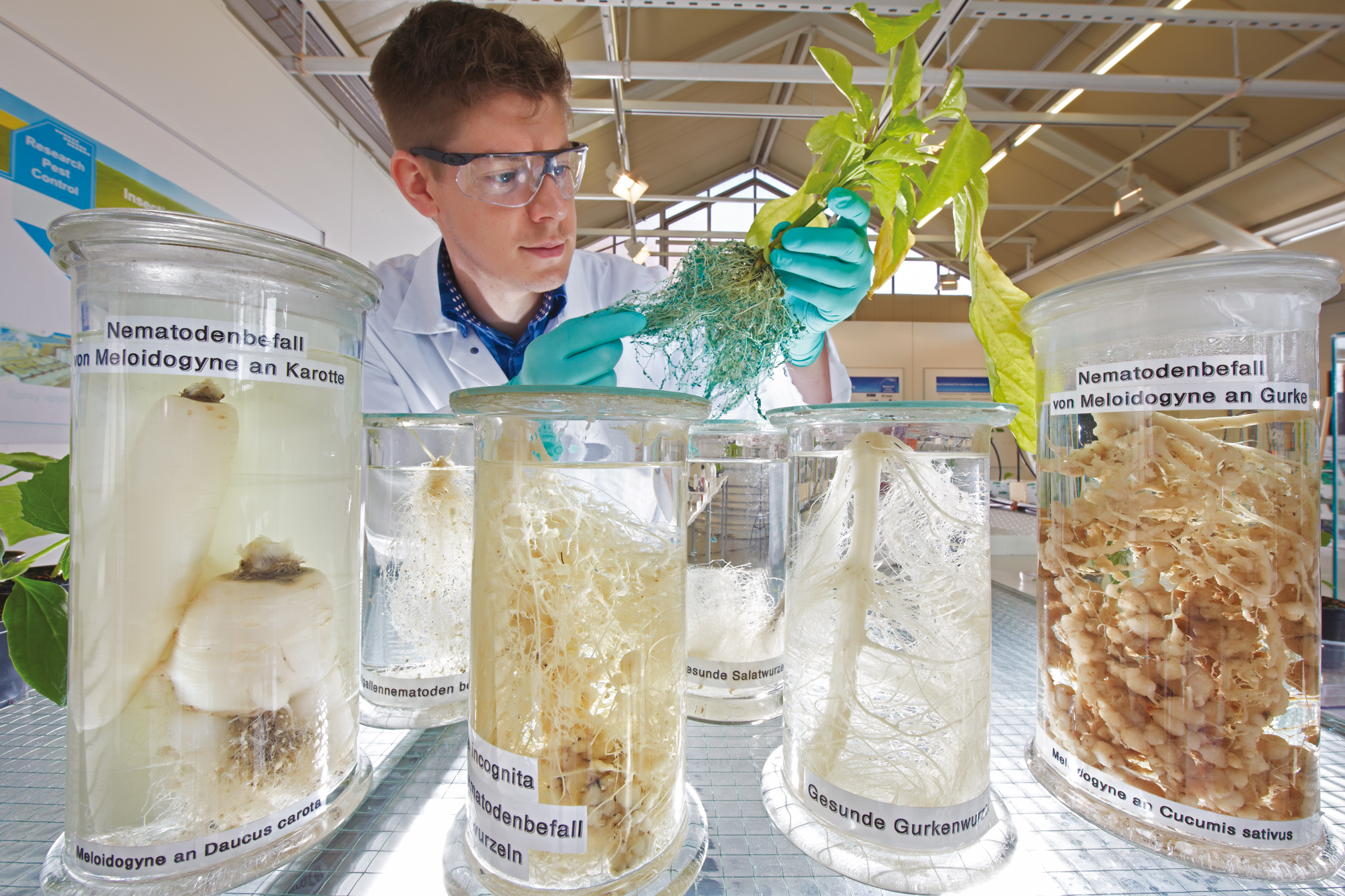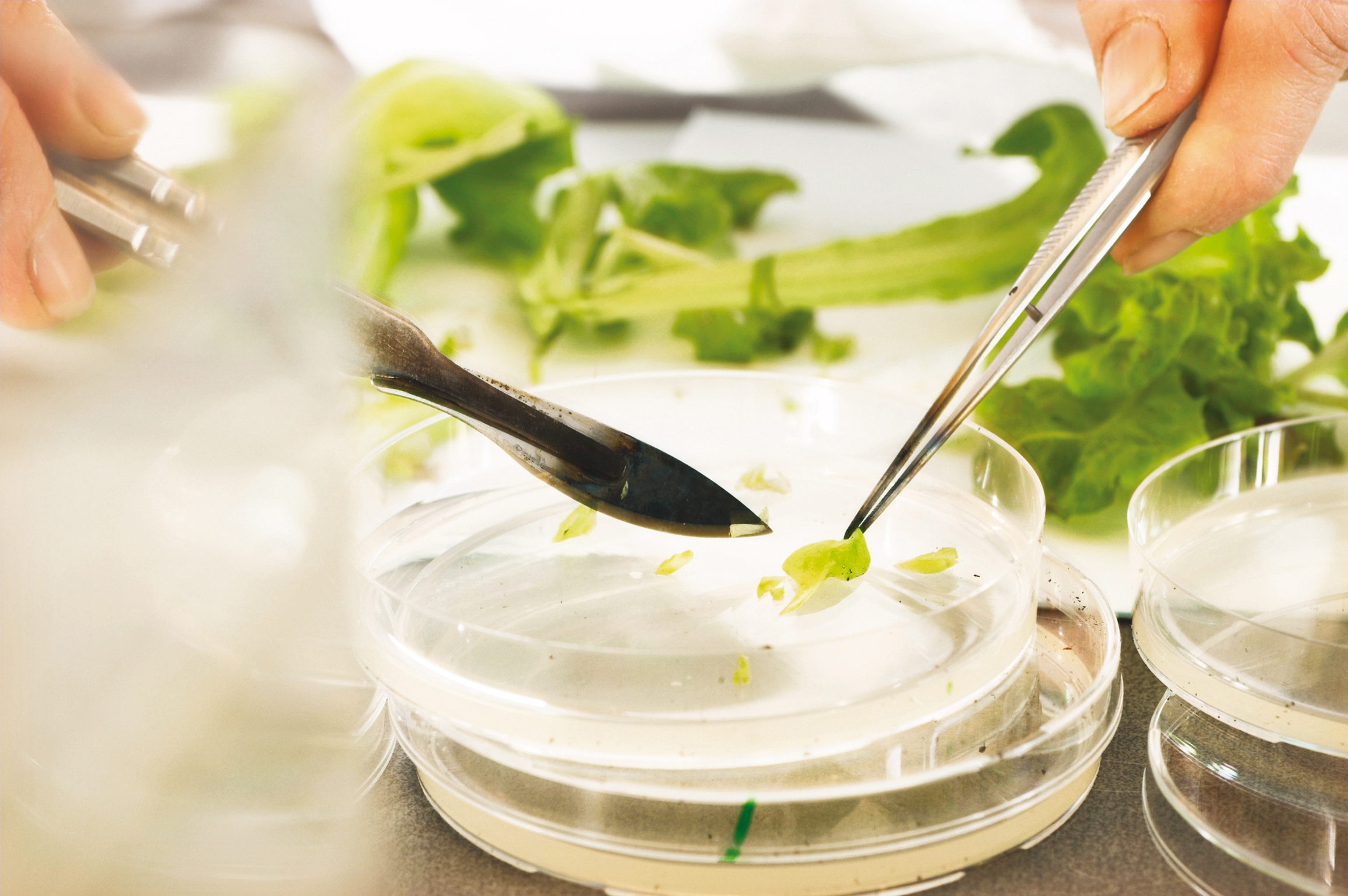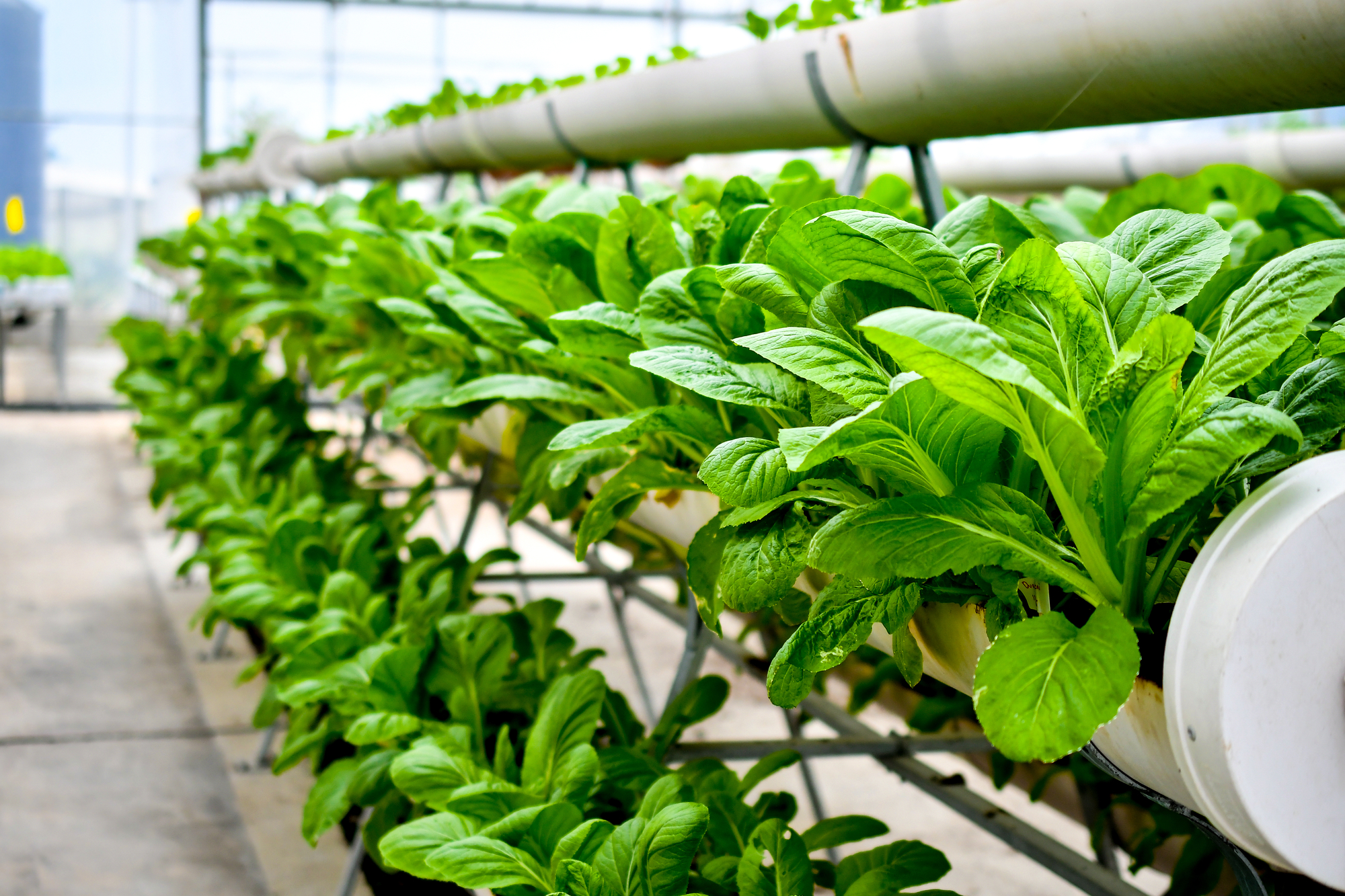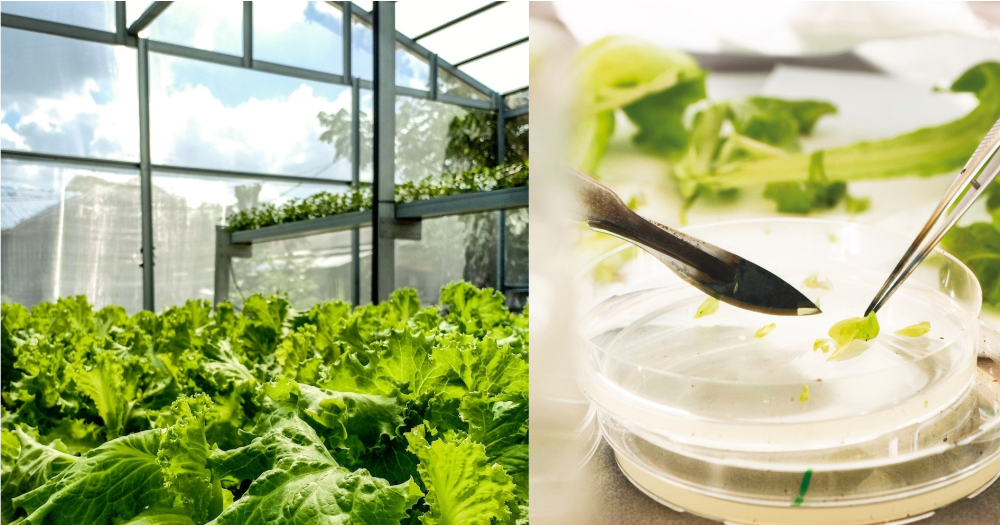Temasek and German pharmaceutical and life science giant Bayer have jointly invested and formed a new company to develop vegetable seed varieties that are suited for indoor vertical farming.
Unparalleled investment in vertical farming industry
The new company, Unfold, has raised USD$30 million (around S$41 million) in its initial funding round, a press release announcing the venture said.
Unfold will be headed by John Purcell as its chief executive officer and president.
Prior to this Purcell had spent 30 years helping farmers to grow crops sustainably and safely. He was also the head of vegetables research and development for crop science in Bayer.
Bayer and Temasek will have equal ownership of Unfold at the start and the company can seek investment from other companies in the future.
Unfold will be headquartered in the U.S. with commercial and R&D operations in both California and Singapore.
Amid the growing vertical farming industry, investments and R&D have been focused heavily on improving the infrastructures of the farms to maximise output.
The R&D in germplasm and crop growth models for vertical farming environments is largely untapped which makes this investment "unparalleled", Purcell described.
 Scientists from Bayer are working on innovative solutions to farmers that help them tackle tough agronomic challenges and become more productive and profitable. Photo by Bayer.
Scientists from Bayer are working on innovative solutions to farmers that help them tackle tough agronomic challenges and become more productive and profitable. Photo by Bayer.
Significance to Singapore's "30 by 30" goal to achieve food security
This new investment will play a key role in ensuring Singapore's food security and bring sustainable solutions to put an end to hunger globally.
John Vaske, the head of Agribusiness at Temasek, said:
“The global food challenges we increasingly face require us to rethink traditional farming practices. We need to ensure secure farm-to-fork supply chains in urban settings while we also work to reduce the overall environmental impact of farming."
Jürgen Eckhardt, the head of the impact investment arm of Bayer, Leaps, highlighted the importance of vertical farming innovation to Singapore:
"Bayer and Temasek both recognize that food security is a priority for Singapore, and given the dearth of arable farmland, vertical indoor farming will play a key role in ensuring Singapore’s food security. Singapore’s "30 by 30" program aligns resources within Singapore to enable it to produce 30 per cent of its nutritional needs by 2030. We believe Unfold has the potential to be a key enabler of Singapore’s and other megacities’ success in achieving food security."
Purcell also pointed out that there is a growing demand in Singapore for fresh, sustainable, and locally produced crops.
With less than 0.8 per cent arable land, this makes vertical farming innovation critical for Singapore, he added.
New vegetable seed varieties to be developed via gene editing
In order to develop new seed varieties, researchers at Unfold will be editing the DNA of vegetables.
This is different from how Genetically Modified Organisms (GMOs) are developed. Unlike GMOs, no foreign DNA will be transferred into the plant cell.
 Plant samples are prepared in the lab for the conduction of further tests. Photo by Bayer.
Plant samples are prepared in the lab for the conduction of further tests. Photo by Bayer.
The crops involved in this investment do not include GMOs, Purcell said.
As compared to GMOs, gene editing is more precise, the technology has become more reliable and can be more cost-effective too.
As no foreign genes are being introduced into the plant, Purcell believes that the new seed varieties can appeal to more consumers as they are more "natural".
Purcell said that the initial focus of Unfold will be on lettuce, spinach, tomato, pepper and cucumber.
 Photo by Bayer.
Photo by Bayer.
In addition, Unfold may be developing new seeds for another five crops.
The vegetable seed varieties will be selected for flavor, nutrition, and plant growth characteristics of value to vertical farmers.
Top photo by Mutia Rahmah via Unsplash and by Bayer
If you like what you read, follow us on Facebook, Instagram, Twitter and Telegram to get the latest updates.
